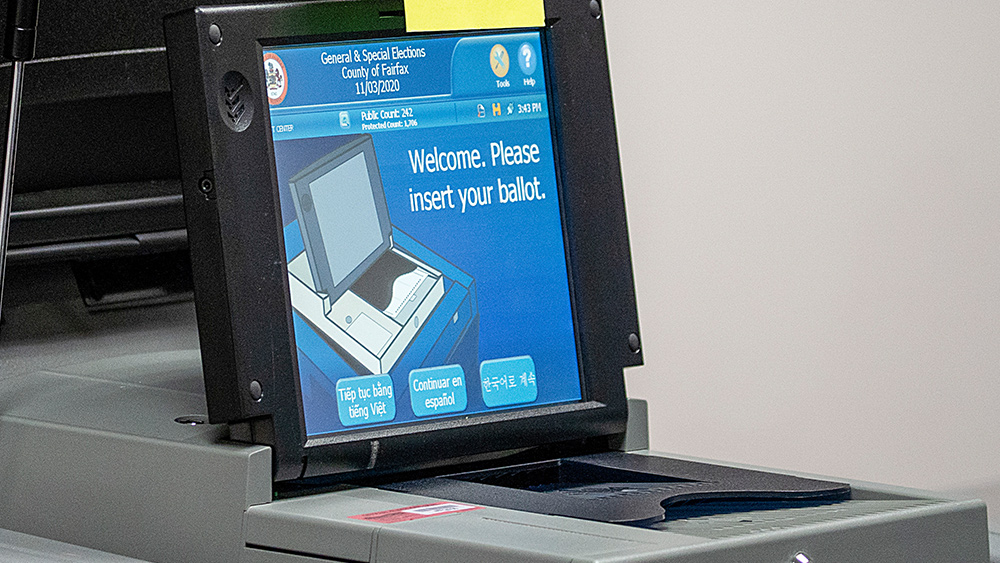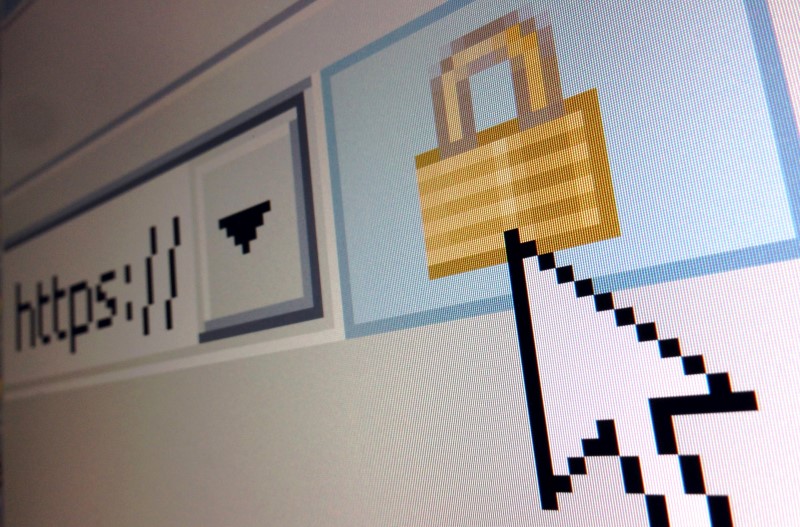eCriminals: Amazon and eBay are huge hubs for selling stolen goods
06/20/2022 / By Belle Carter

Organized crime syndicates are turning to a more convenient platform to discreetly and quickly move their stolen merchandise. A growing consensus is emerging that an entirely different group should be held accountable: e-commerce.
According to retailers, a total of $68.9 billion of products were stolen in 2019. In 2020, three-quarters said they saw an increase in organized crime and more than half reported cargo theft. Amazon and eBay are some of the online marketplaces where these stolen products are sold.
Amazon disagreed with this. The multinational technology company said it spent more than $900 million and hired more than 12,000 people last year to stop fraud. The firm said it is asking its sellers for “proofs of sourcing” and is working with the authorities to prevent illegal activities.
For Homeland Security Investigations unit, organized retail crime probes have become really rampant. Arrests and indictments increased last year from 2020, along with the value of stolen goods seized.
Online retailers have long distinguished themselves from traditional brick-and-mortar chains by claiming that they’re just a marketplace when it comes to third-party sellers.
“Unlike products purchased off the shelf at Walmart or Home Depot, internet companies have claimed they’re not responsible for the quality and safety of products from outside merchants who use their platform,” CNBC reported Friday, June 17.
However, the defense should not be a valid reason for enabling the selling of stolen goods.
In December last year, 20 major retailers – including Home Depot, Best Buy, Walgreens and Kroger – sent a letter to Congress to crack down on online marketplaces by requiring stricter verification of sellers.
“If we have to understand who our suppliers are, then Amazon, eBay, whoever is selling should also have to understand who their sellers are,” Home Depot Vice President of Asset Protection Scott Glenn stated.
The INFORM Consumers Act, which would require some sellers on e-commerce sites to provide a verifiable bank account, tax ID, and a working email and phone number, is now awaiting the Senate’s vote.
In its current form, the bill requires verification data only from sellers doing north of $5,000 in revenue every two years and asks marketplaces to give consumers a way to contact certain sellers after making a purchase – and a system for reporting suspicious seller behavior or illicit goods. (Related: Facebook, Google and eBay want the Supreme Court to make it harder to sue them and other big tech companies.)
Organized syndicates target high-end retailers
Law enforcement already warned that these robberies were not traditional shoplifting. Criminal networks organized the thefts.
High-end retailers have been the target of these organized syndicates. Earlier in the year, five robbers went into the high-end Soho boutique Celine, stole $48,300 worth of luxury goods and injured a security guard.
NYPD said the two suspects casually entered the Manhattan store before three other accomplices pushed the door open and fought with the French boutique’s security.
A Louis Vuitton store and other high-end retailers at Union Square in San Francisco were robbed in November last year. The thieves smashed windows and left piles of shattered glass across the sidewalk of the store adjacent to Macy’s department store.
In the same month, a flash mob-style shoplifting incident at Nordstrom store in California happened in just under a minute.
Around 80 looters entered the store at about 9 p.m. in the city’s Broadway Plaza. An employee was pepper-sprayed and two others were punched and kicked, a police spokesperson said.
Watch the below video that talks about the scary downside of Amazon.
This video is from the Kla.TV – English channel on Brighteon.com.
More related stories:
Businesses continue to shutter in San Francisco due to rampant shoplifting.
No charge, no jury, no trial: Feds seize 100+ websites they claim to be selling pirated goods.
Sources include:
RilaStageMedia.blob.core.windows.net
Submit a correction >>
Tagged Under:
Amazon, big government, Big Tech, computing, conspiracy, cyberwar, e-commerce, eBay, Glitch, INFORM Consumers Act, information technology, insanity, national security, online selling, organized crime, products, retail stores, tech giants, technocrats, violence
This article may contain statements that reflect the opinion of the author
RECENT NEWS & ARTICLES
COPYRIGHT © 2017 GLITCH.NEWS
All content posted on this site is protected under Free Speech. Glitch.news is not responsible for content written by contributing authors. The information on this site is provided for educational and entertainment purposes only. It is not intended as a substitute for professional advice of any kind. Glitch.news assumes no responsibility for the use or misuse of this material. All trademarks, registered trademarks and service marks mentioned on this site are the property of their respective owners.



















